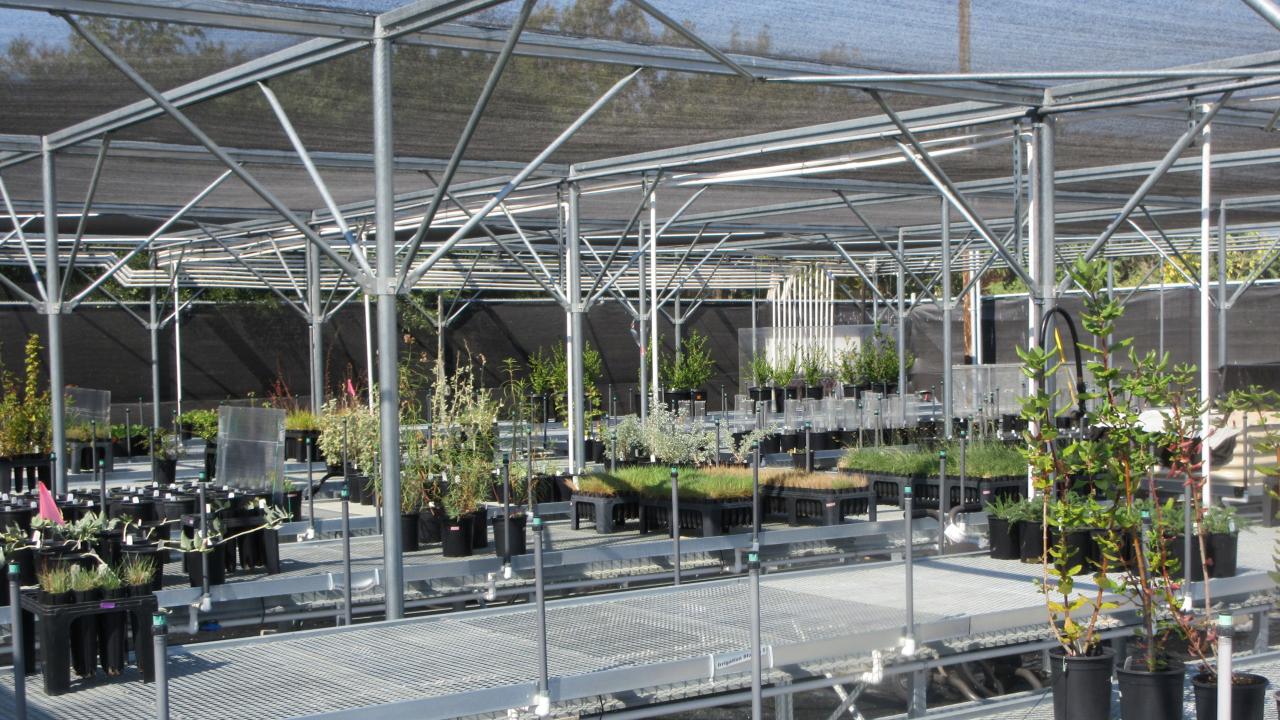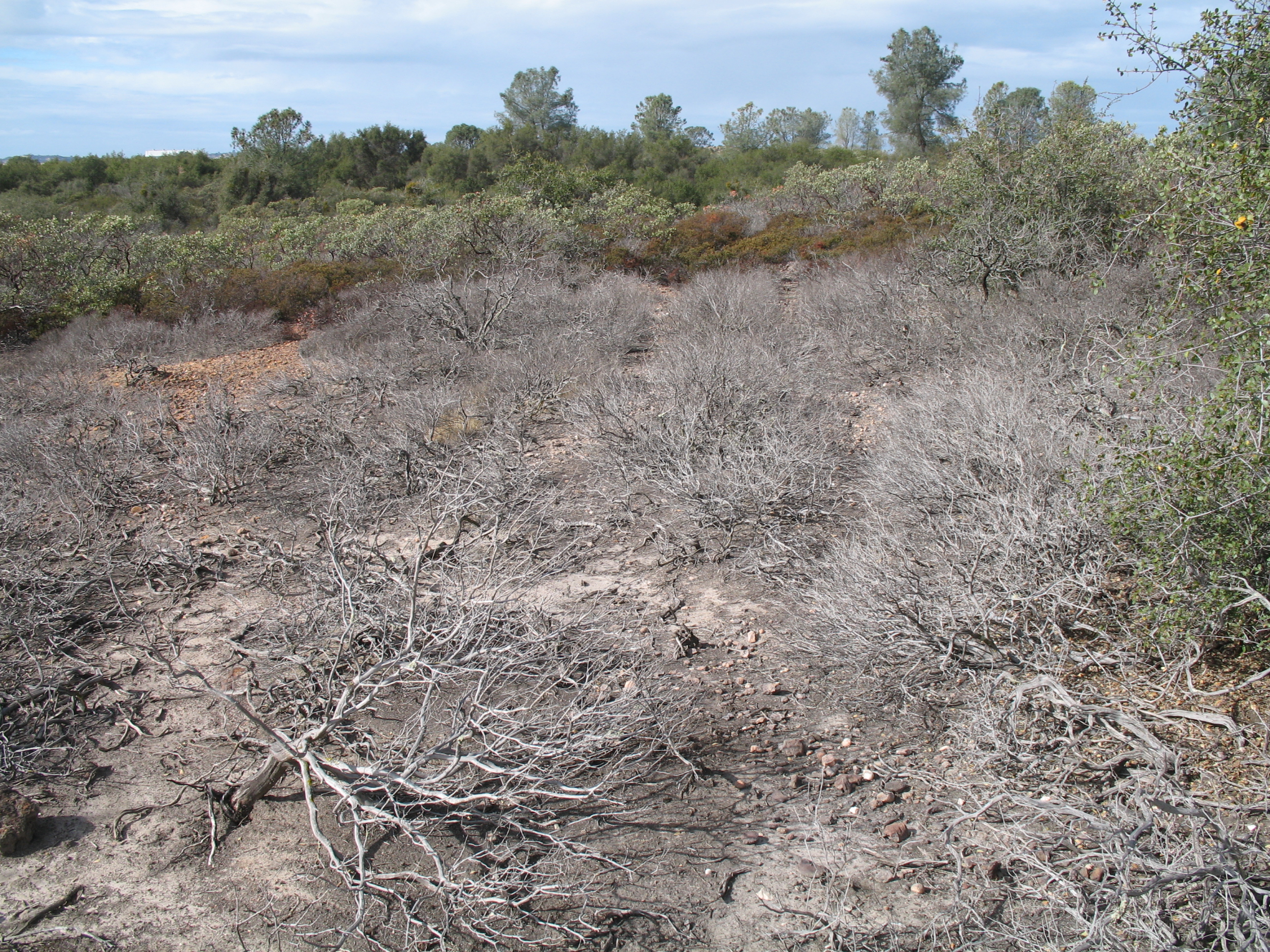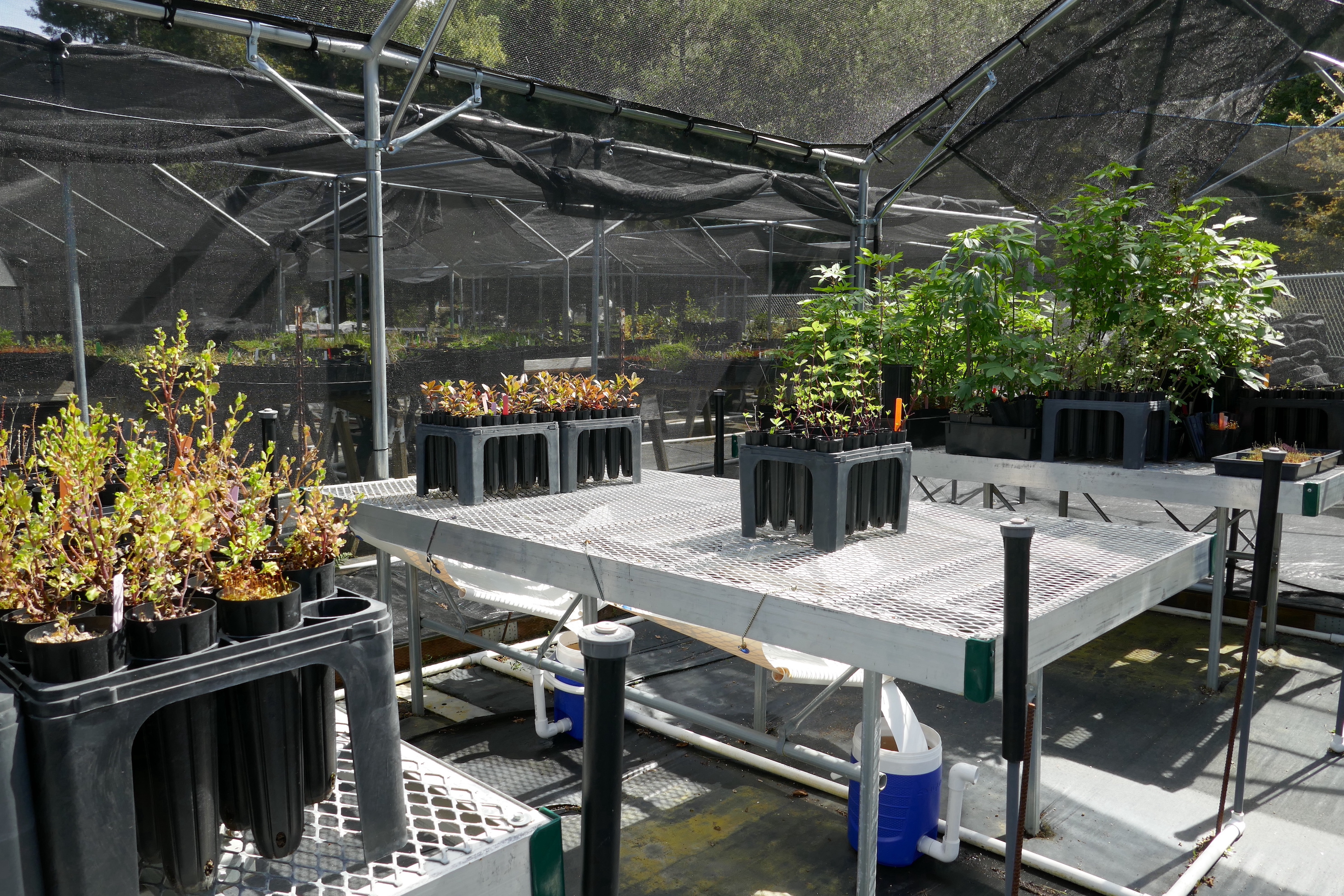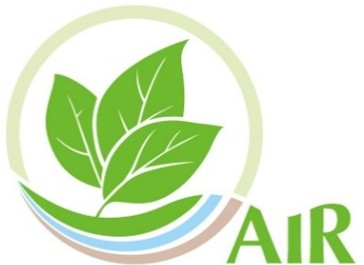
Accreditation to Improve Restoration:
A program for the production of Phytophthora-free restoration plants
Phytophthora diseases are a growing concern to restoration and nursery plant production that have led to huge economic and ecological losses. Here in California, most people may know of Phytophthora (lit. “plant destroyer”) from the devastating outbreak of Sudden Oak Death, caused by the aerial Phytophthora ramorum, in the 1990s – 2000s in Northern California and Southern Oregon. While this infamous outbreak captured public attention, over the years outbreaks of other root-rotting soilborne Phytophthora species have continued to impact native habitats leading to failed restoration efforts across the state.

In 2014, the CalPhytos Phytophthora Working Group was created in response to failed restoration efforts in Northern California due to Phytophthora root rot caused by over 15 soilborne Phytophthora species, with P. cactorum, P. tentaculata, and P. cryptogea, among the most common species recovered. These findings sparked further research into the spread of these pathogens. Since then, research has shown that planting Phytophthora-infected nursery stock into native habitats is one of the primary routes of introduction for these pathogens, causing permanent and devastating infestations in these sensitive areas. Prevention based on clean restoration practices using Phytophthora-free plant material is consequently the most effective means of management for Phytophthora in restoration.
The Accreditation to Improve Restoration (AIR) program is a voluntary, audit-based program that works with California restoration nurseries to implement best management practices (BMPs) designed to exclude Phytophthora in the nursery. These comprehensive BMPs, which were developed through the combined efforts of the CalPhytos Working Group and the California Native Plant Society, follow a “systems approach” for disease management covering all areas of production. The AIR program currently works with 24 actively participating nurseries, with 10 fully accredited and 14 nurseries working towards complete BMP implementation. By following the fundamental principle, “Start Clean, Stay Clean,” from sanitary propagule collection to use of clean materials, heat-treated potting media, and nursery design standards with minimum bench heights and “one way flow” of production practices, BMP-compliant nurseries can consistently and reliably produce plants free of detectable Phytophthora infection.

To confirm that the BMPs proposed by the AIR program exclude Phytophthora pathogens, plant testing is a key component of the program. The standard method used is a leachate baiting test. Since the program’s inception in 2018, Phytophthora has not been detected in any nursery that has successfully implemented these BMPs and achieved accreditation. To date, over a thousand leachate baiting tests have been conducted on over 35,000 plants.
How to Participate in the AIR program
Accreditation is a multistep process involving BMP audits and plant testing. Participating nurseries first conduct a self-assessment of their practices using the comprehensive Nursery Evaluation Form (NEF). Once the NEF is complete, a reviewer from the program assesses those practices and schedules a visit for an on-site audit and plant testing. The AIR team then works with each unique nursery to help them achieve AIR BMP standards. Once accredited, certified nurseries receive a Certificate of Accreditation in recognition of their efforts to produce Phytophthora-free plants for restoration, which may be included in bids for future contracts and funding opportunities. Nurseries are reaccredited on a biennial basis.

The Accreditation to Improve Restoration
To learn more about the AIR program, nursery BMPs, and review several valuable resources and handouts for nurseries, please visit our website at https://airnursery.ucdavis.edu/.
Nurseries interested in joining the AIR program may contact the AIR team by emailing airnursery@ucdavis.edu or submitting our contact form on our website, here.
